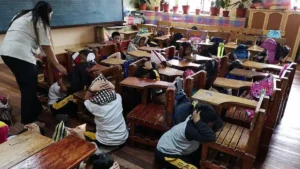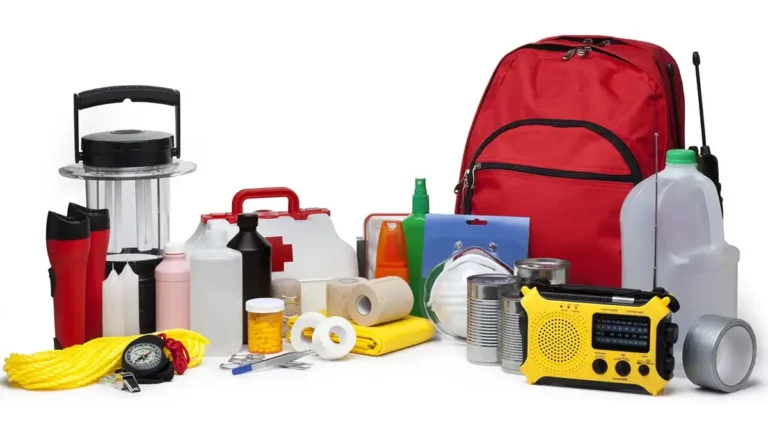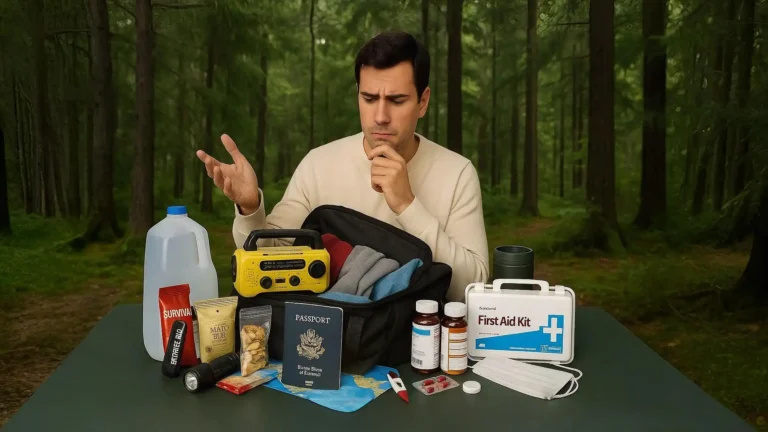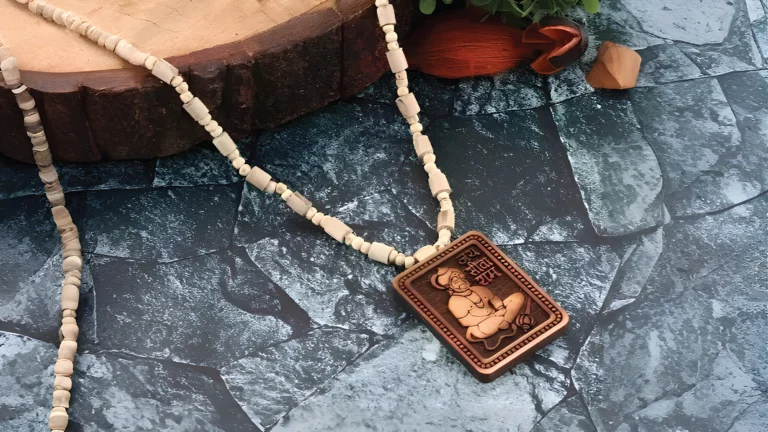What Should I do In Nuclear Attack?
Knowing what to do before, during, and after a nuclear attack can greatly improve your chances of surviving one of the most devastating calamities imaginable. If such a crisis ever occurs, this guide is meant to help you be ready and react appropriately.
Your best defense is preparation. Even though a nuclear attack could happen at any time, preparation and supplies are essential.

Create an Emergency Plan
- Determine which areas of your house, place of employment, or school are the safest; ideally, these are central rooms with few windows or basements.
- Assign roles and talk about sheltering plans with family members.
- If staying is not an option, plan several escape routes.

Build an Emergency Kit
Assemble a survival kit for nuclear emergencies with:
- Water in bottles (at least three liters per person per day)
- Three-day supply of non-perishable food
- Hand-cranked or battery-operated radio
- Extra batteries and a flashlight
- Supplies for first aid
- Plastic sheeting and duct tape (to seal windows/doors)
- Cloths or dust masks to cover the mouth and nose
- Personal hygiene products (garbage bags, soap, and wipes)
- Important documents and medications
- Additional blankets and clothing
- A cell phone and a power bank
During the Attack: Take Immediate Action
Take immediate action if you hear an explosion or see a sudden flash of light.

Seek Shelter Immediately
- Avoid looking at the flash as it may cause temporary blindness.
- Get inside right away. The better the shelter (concrete, brick), the denser and thicker it is.
- Enter the closest sturdy building if you’re outside or in a car.

Get to the Center or Basement
- Go to the lowest floor you can find, ideally a basement or a windowless interior room.
- To protect yourself from flying debris, hide behind walls or furniture.

Stay Put for 24 Hours
- Within 15 to 30 minutes, fallout, or radioactive dust, will start to settle.
- Unless authorities tell you otherwise, stay inside for at least 24 hours.
- Shut all doors and windows. Switch off ventilation systems that use outside air, such as fans and air conditioners.
After the Attack: Decontaminate and Stay Informed
The first step is to survive the blast. In the hours and days that follow, radiation exposure can still be fatal.

Decontaminate
90% of radioactive dust can be removed by carefully removing outer clothing.
Use soap and water to take a shower. Shampoo and conditioner can bind radioactive particles to your hair, so avoid using them.
If your pets were outside, clean them.

Listen for Official Instructions
Stay informed by using your emergency radio.
When it’s safe to leave your shelter or if an evacuation is required, authorities will let you know.
Use Emergency Supplies
- Steer clear of consuming food or water that has been exposed to the elements or left uncovered.
- Use bottled water and food that has been stored.
Tip: Keep in touch with local police or authority.

Understanding Radiation and Fallout
The first 24 hours following a nuclear explosion are the most hazardous for fallout. It is made up of radioactive particles that fall from the mushroom cloud and contaminate everything they come into contact with.
To lessen exposure:
- Stay inside.
- Put some distance between you and the exterior walls.
- If at all possible, stay underground.
- If it’s not life-threatening, stay indoors.


National
Emergency number (Fire, Police, Ambulance) – 112

Road
Accident – 1073

Disaster
Management – 108

Medical helpline -104

Indian Railway
Security Helpline – 1322

Tourist
Helpline number – 1363

Earth-Quake
Help Line Service – 1092
Summary
It is critical to act quickly in the event of a nuclear attack. As soon as you hear an explosion or see a flash, take cover in a concrete or brick structure. To protect yourself from radiation, move to the center or basement of the building and stay inside for at least 24 hours. Take off any contaminated clothes and take a long shower without using any conditioner. Pets exposed to fallout should be cleaned. Stay informed using a battery-powered radio, and follow official government instructions. Assemble a first aid kit that includes food, water, a flashlight, and sanitary supplies. Early on, it’s critical to limit outside contact because radiation exposure diminishes with time. Emergency contacts in India are 101 (fire), 100 (police), 108 (ambulance), and 112 (general). 1078 is the number to reach the National Disaster Management Authority (NDMA). You can significantly improve your safety in such situations by being prepared, keeping a survival kit, and being informed. Life is saved by preparation.
Final Thoughts
Although the idea of a nuclear attack is terrifying, being ready both physically and psychologically can save lives. Stock your emergency kit, be aware of your shelter plan, and teach your family safety precautions. Your best defenses are calm action, readiness, and awareness.
Be careful. Be ready. Spread the word about this guide; it could save lives.








